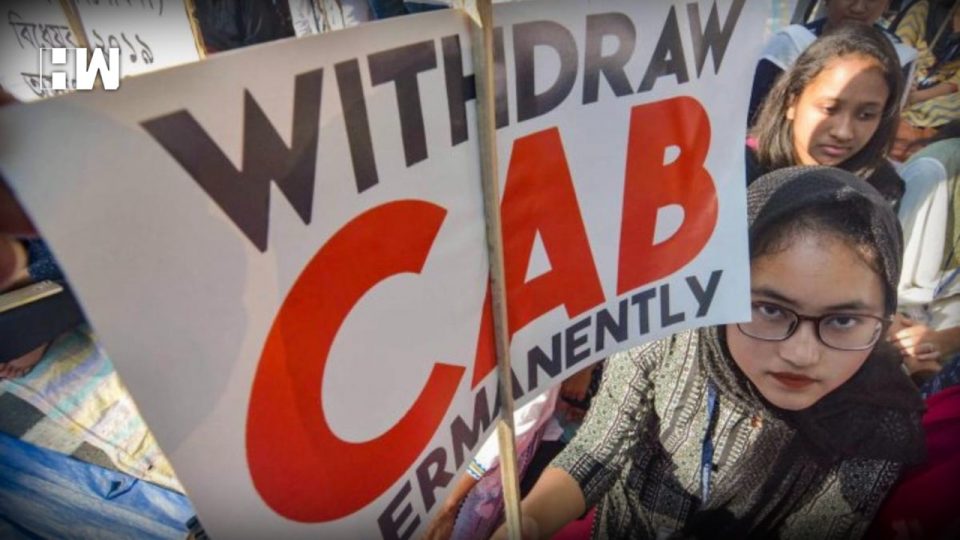CAB will along with a nationwide NRC bring untold suffering to people across the country, appeal states
NEW DELHI| On Monday in the late hours Parliament pass the Citizenship Amendment Bill with majority votes. After which the reaction started pouring up. Many across the nation was Calling the Citizenship (Amendment) Bill “divisive, discriminatory, unconstitutional”. More than 600 prominent individuals including writers, artists, former judges, and officials have urged the government to withdraw the proposed law which promises citizenship to non-Muslim minorities from three neighboring countries.
The appeal include writers Nayantara Sahgal, Arundhati Roy and Amitav Ghosh; artistes such as TM Krishna, Sudhir Patwardhan, and Nilima Sheikh; filmmakers such as Aparna Sen, Nandita Das and Anand Patwardhan; scholars such as Romila Thapar, Prabhat Patnaik, and Ramachandra Guha; activists such as Teesta Setalvad, Harsh Mander, Aruna Roy, and Bezwada Wilson; and others including (Retd) Justice AP Shah, Yogendra Yadav, GN Devy, Nandini Sundar, and Wajahat Habibullah.
Asserting that India’s constitution “insists on the fundamentals of equality, regardless of gender, caste, religion, class, community or language” the intellectuals said. The Citizenship (Amendment) Bill or CAB “will, along with a nationwide NRC (National Register of Citizens), bring untold suffering to people across the country. It will damage, fundamentally and irreparably, the nature of the Indian republic they state.
“This is why they, and all citizens of conscience demand that the government withdraw the Bill. This is why they demand that the government not betray the constitution,” the statement said.
The CAB, introduced by Home Minister Amit Shah, was cleared by the Lok Sabha after 12-hours debate. Opposition parties stood against the proposed law that would, for the first time, create a legal pathway to grant Indian nationality on the basis of religion.
Also Read: Shiv Sena to oppose Citizenship Amendment Bill in Parliament: Sanjay Raut
The bill proposes to grant Indian citizenship to non-Muslims who came to India from Bangladesh, Pakistan, and Afghanistan before 2015. Oppositions politicians inside parliament and protesters in several Indian cities said the bill discriminated against Muslims and violated India’s secular constitution.
As an independent media platform, we do not take advertisements from governments and corporate houses. It is you, our readers, who have supported us on our journey to do honest and unbiased journalism. Please contribute, so that we can continue to do the same in future.

